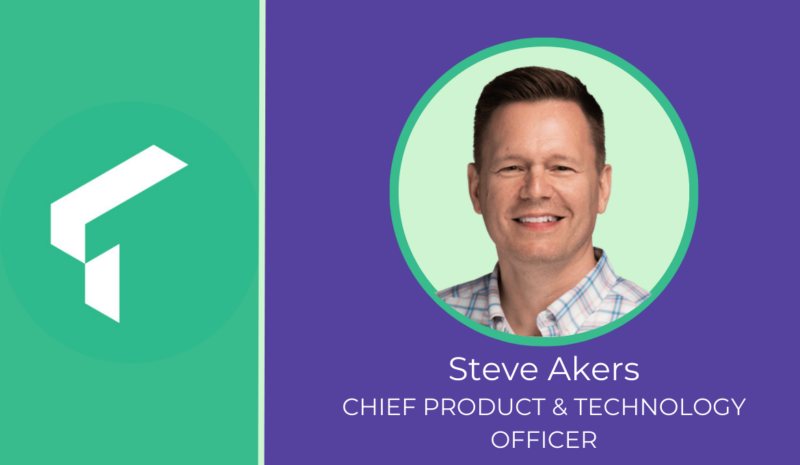
Q&A with Steve Akers, Chief Product & Technology Officer
As Titan Cloud’s newly appointed Director of Global Strategic Accounts, John Vincent adds a critical layer to our ongoing global expansion. By enriching and enhancing relationships in regions around the world, he says, we can surpass our role as solution provider and be valued as a long-term partner to current and new customers.
We spoke to John from his home office outside of Austin, Texas.
While we expand our global footprint in terms of having a presence, we need to also expand from a relationship perspective. My vision is to position the company as a not just a solution supplier but as a strategic partner for the customer.
We especially want to help those larger customers focused on growth-oriented goals and ambitions. That means we need to elevate our relationships from being transactional—dealing with purchasing and pricing—to more of a deeply trust-based collaboration. We should act as an extension of these large global accounts, so that if they have a problem to solve, they call us first.
Global transactions not only provide us with the significant revenue increases that come from larger accounts, but also support our own scalability. These are high value customers who have operations in multiple countries or regions; if these relationships bring us into new markets, we can address the unique needs of those operators by demonstrating our capabilities beyond just one piece of our solution. By working closely with these accounts, we may even have the opportunity to say, here’s the total turnkey platform, all you have to do is give us your wet stock management portfolio and we’ll run it for you.
Finally, these are large customers with industry presence; they’re in a position to help steer standards and committees. If we’re entrenched, they can help us see how things are developing in their region so that we can be best suited to support them.
Consolidation will continue. For us, this means that when one large customer is purchased by another, we need to be able to address two use cases and provide the best solution. Reduced fuel consumption will also be a factor. Less fuel is being used every year because vehicles are getting more efficient. For us, this means demonstrating the very real business value of efficiency.
Along those lines, fuel analytics will continue to move front and center. Years ago, industry relationships were about who you knew and how you got along. Now, we rely on data-driven relationships built on trust and the quality of data you’re able to share, discuss, and collaborate on.
Emerging markets are a focal point as well. Larger companies are no longer only focused on what’s only best for the US and European markets. They’re consolidating and growing their portfolio in emerging markets like India, Brazil, Vietnam, and others. For each region, there can be a different set of rules or a different set of goals in terms of how they want to cost optimize. Then of course there are always regulatory changes, and political influence makes huge difference as well.
I’ve lived in Austin, Texas since 1992, so I’ve seen it grow from a small town into the metro it is today. When my wife and I first got married, we lived downtown and it was great. We had the lake and running trails; lots of outdoor activity for us. As the city grew though, we needed a little more elbow room for our growing family.
We moved further west of the city and that’s where we raised our two boys. We live on a property where we have horses and donkeys—my wife loves animals. We’re far from our neighbors; our kids grew up with open skies and stars at night.
Today, one of our sons just graduated from college with a Biomedical Engineering degree, but he is also an aspiring professional golfer, so we catch his tournaments whenever we can. Our other son just completed five years in the U.S. Marine Corps. I’m also a private pilot, so we’ll fly down to the coast for dinner or day trips from time to time. I’m busy in all the best ways; sometimes my weekends are busier than weekdays.
